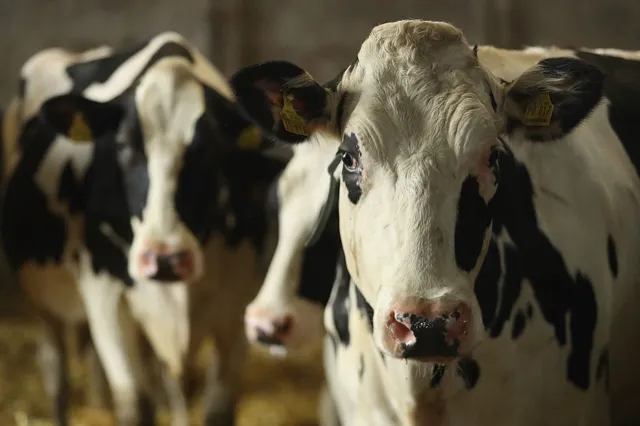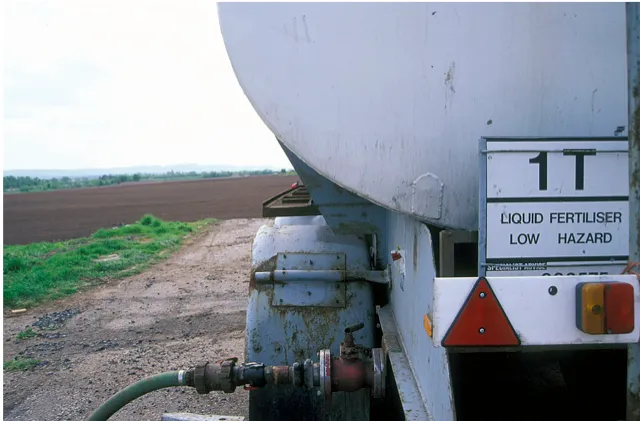Researchers from the Earth Institute at Columbia University, US, have discovered that when chemicals from livestock waste and fertiliser mix with polluted air solid particles of pollution are created.
These particles have the potential to stick to lung tissue in children and adults, which can cause breathing difficulties, reduced function of major organs, respiratory diseases and even premature death.
The report also found that pollution-causing activities, such as agriculture, is often located near densely populated areas, underlining the risk to public health and the relevance of it being termed a hazard.

© Sean Gallup/ Getty Images
Although half of the UK’s ammonia emissions come from agricultural factors, the country’s particle pollution control measures focus on industry and traffic.
At roughly 2.5 micrometers across, the particles are invisible to the human eye, but large clouds of pollution are often visible as smog, haze or smoke.
More than 40,000 people die prematurely due to air pollution every year in the UK.
These particles are also responsible for acid rain, and can block rays from the sun from reaching the ground and plant species.
“These chemicals don’t just stay on the fields they are applied to,” the World Wildlife Fund (WWF) said. “[Often they] lead to pollution of adjacent land, rivers or wetlands.”

© Universal Images Group/ Getty Images
Susanne Bauer, an atmospheric scientist at Columbia, said: “This is not against fertiliser. There are many places, including Africa, that need more of it. We expect population to go up, and to produce more food, we will need more fertiliser.”
She added that both the chemical output from farming and the emissions from industry are required to form these particles, and while reducing the output from fertilisers and animal waste is incredibly difficult, measures can be taken to reduce the amount of particulate matter in the air.
Making vehicles more efficient, reducing our dependency on coal-fired power stations and regulating highly polluting industries would all be effective.